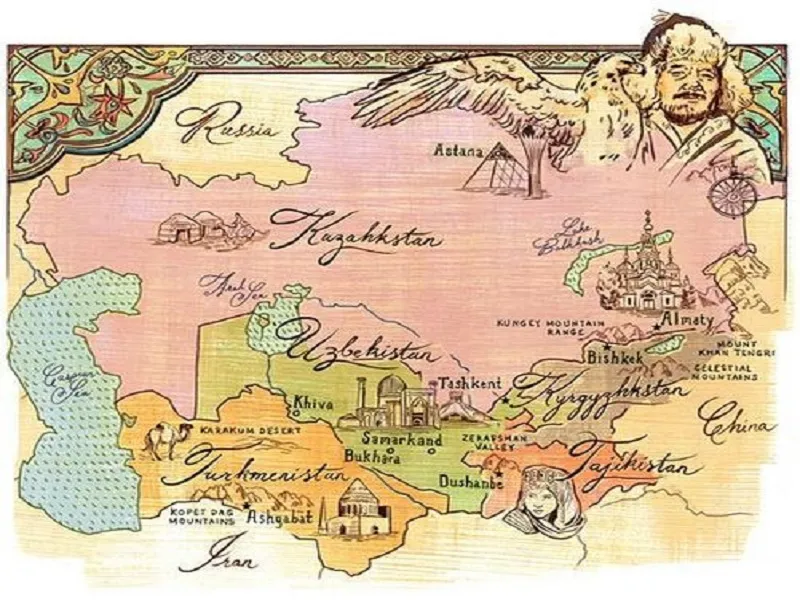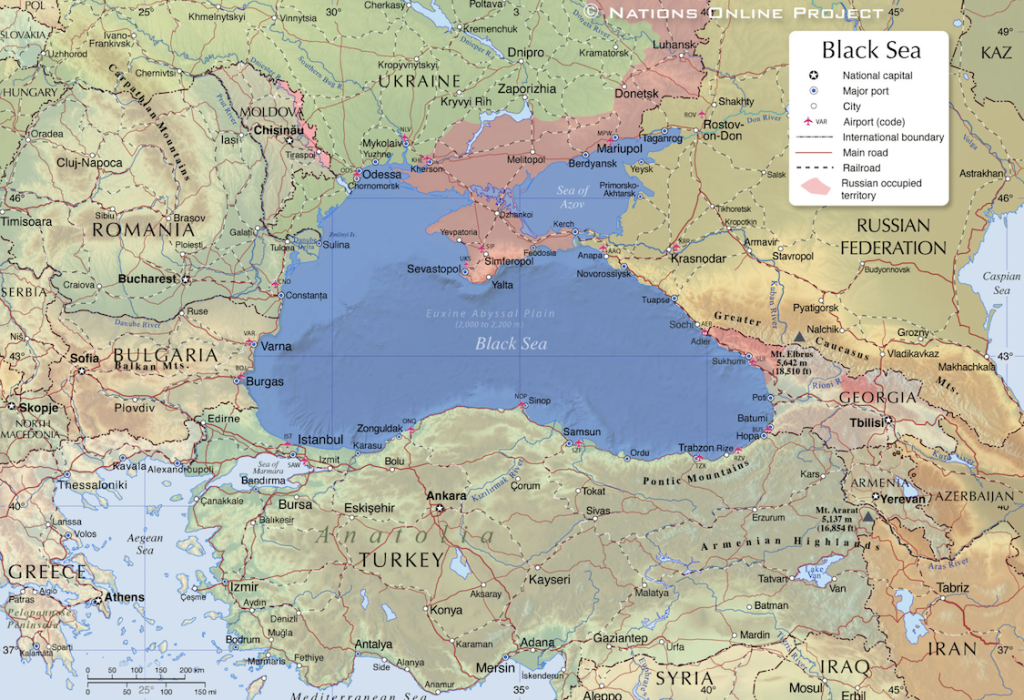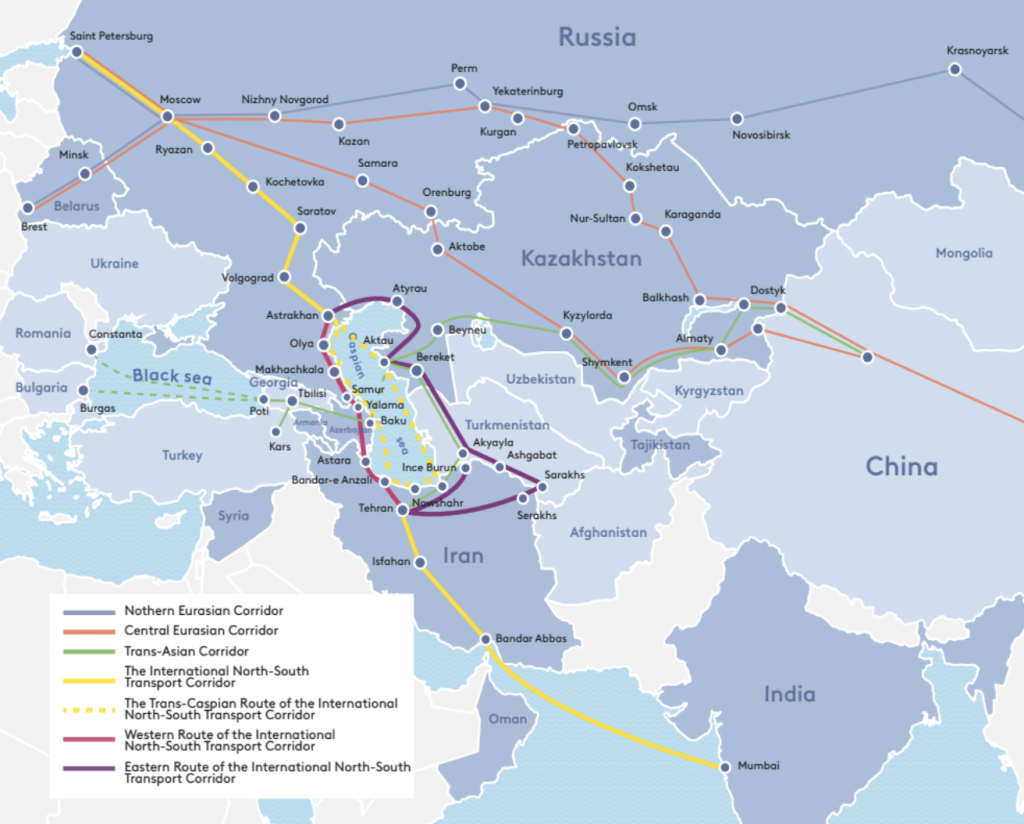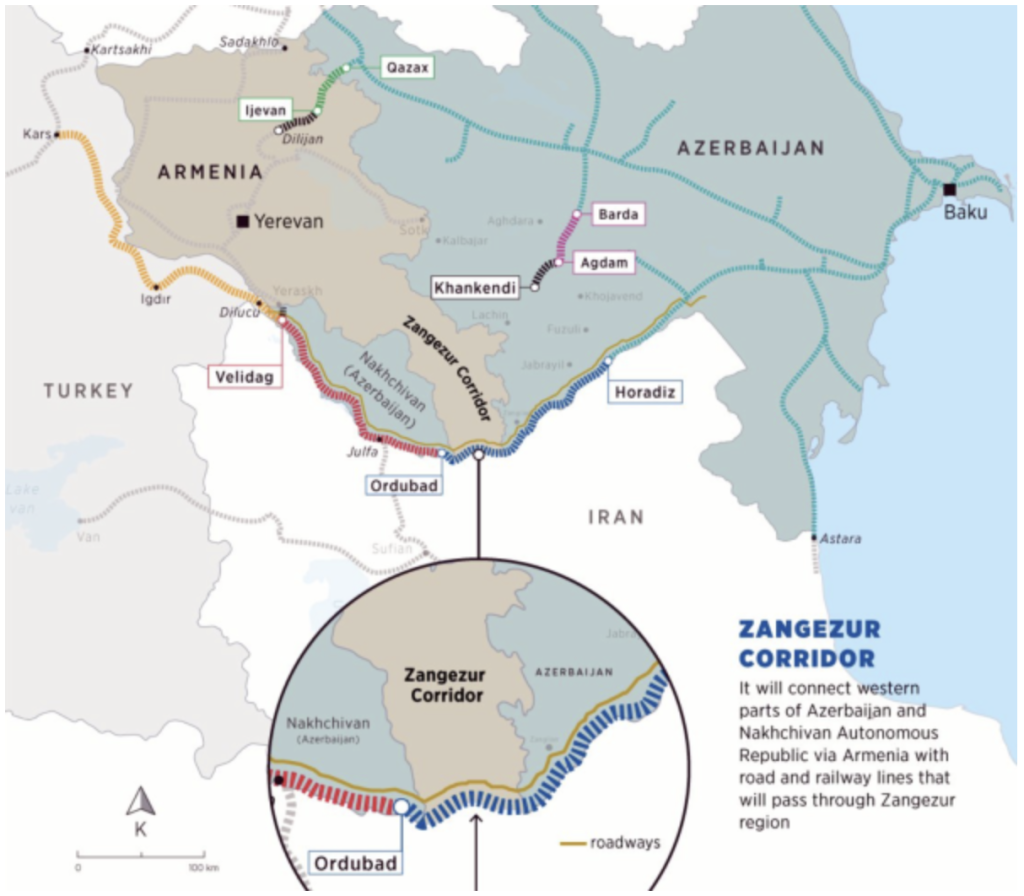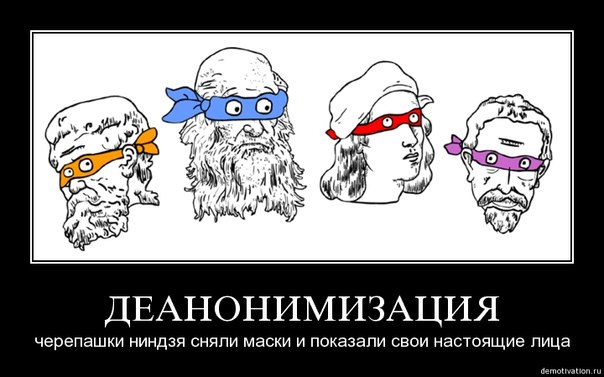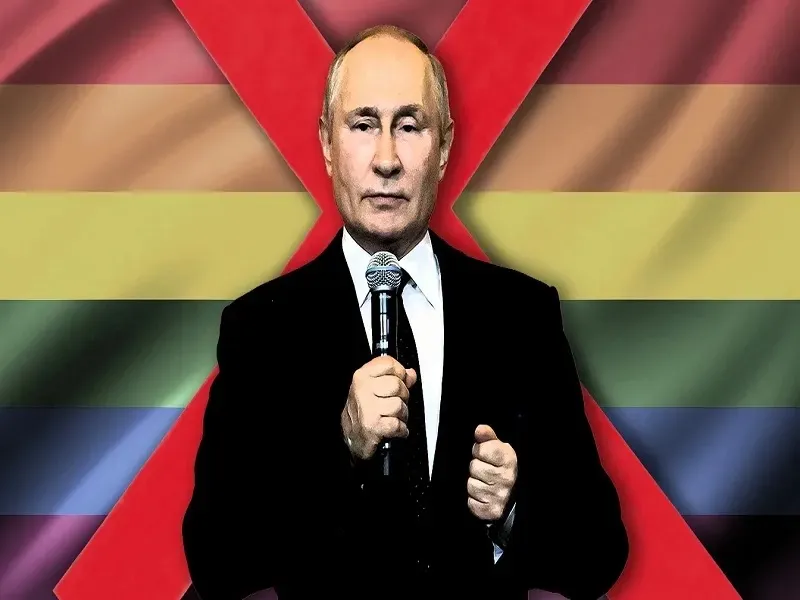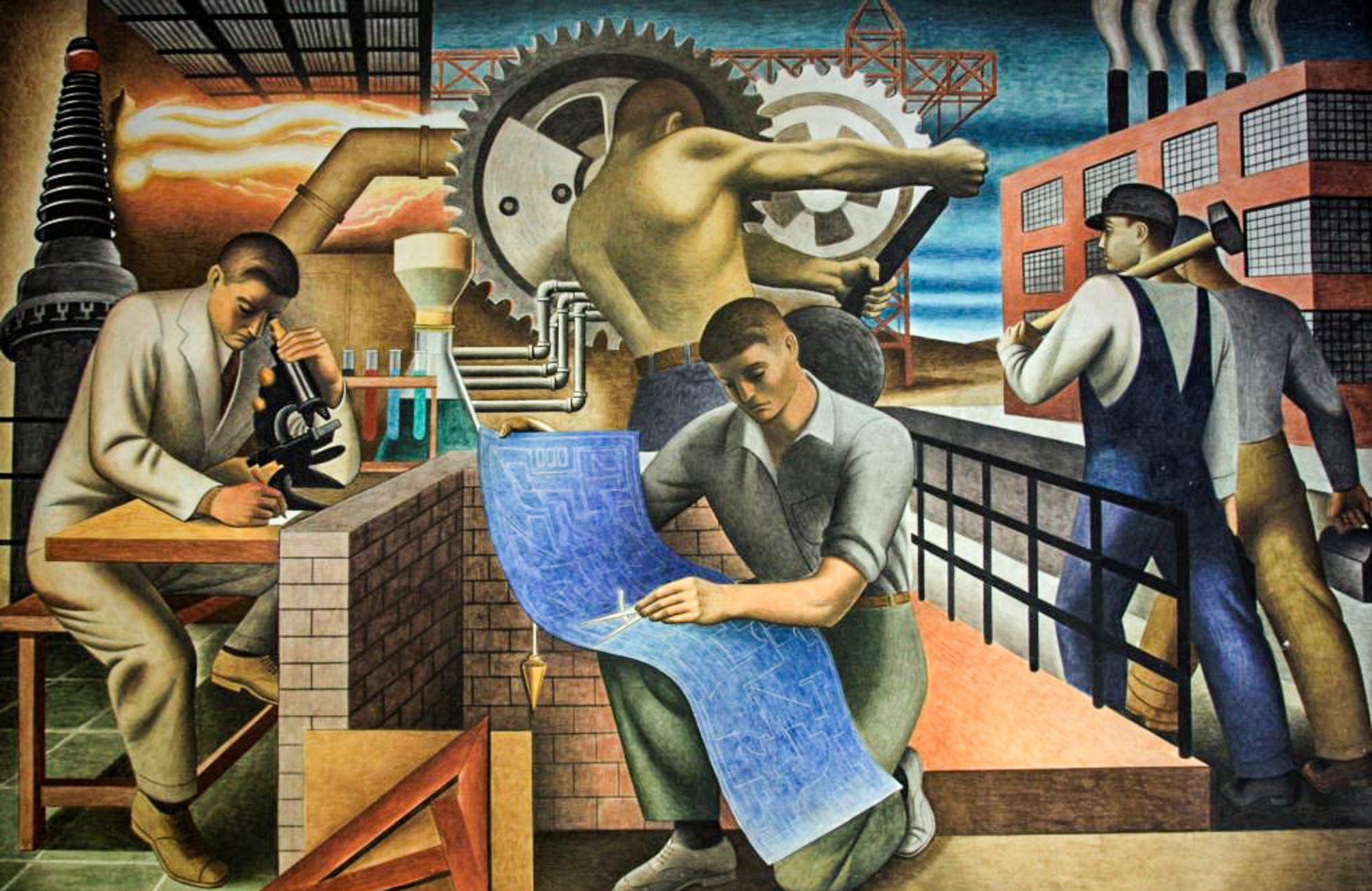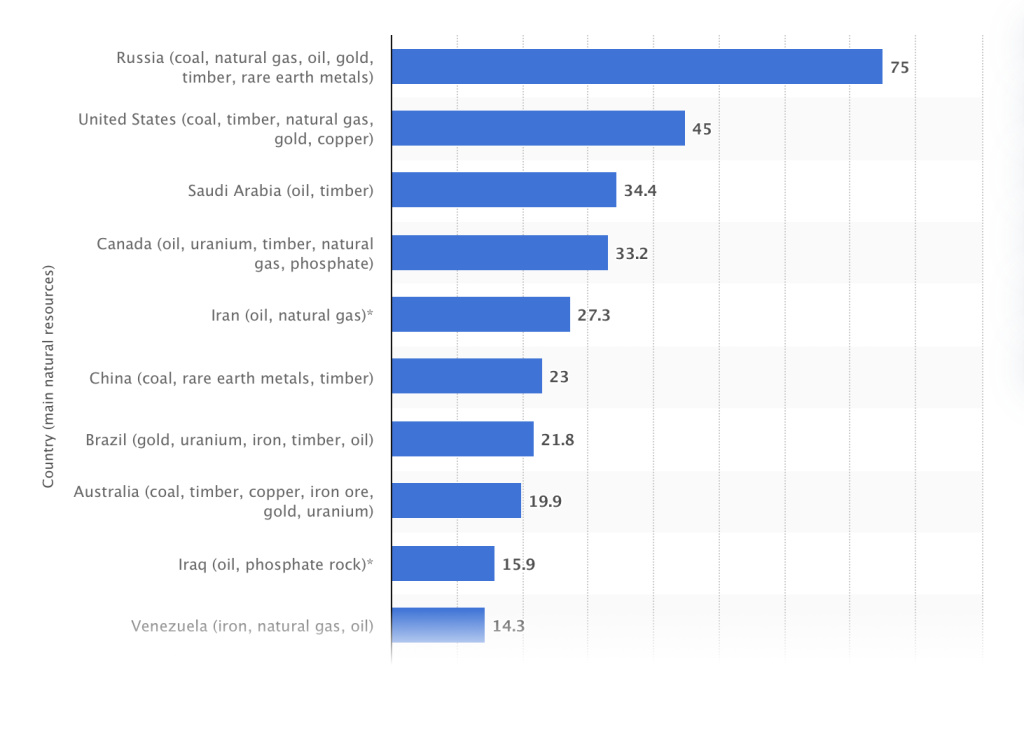There is no deprivatization. We are simply returning assets.
August 21, 23:15
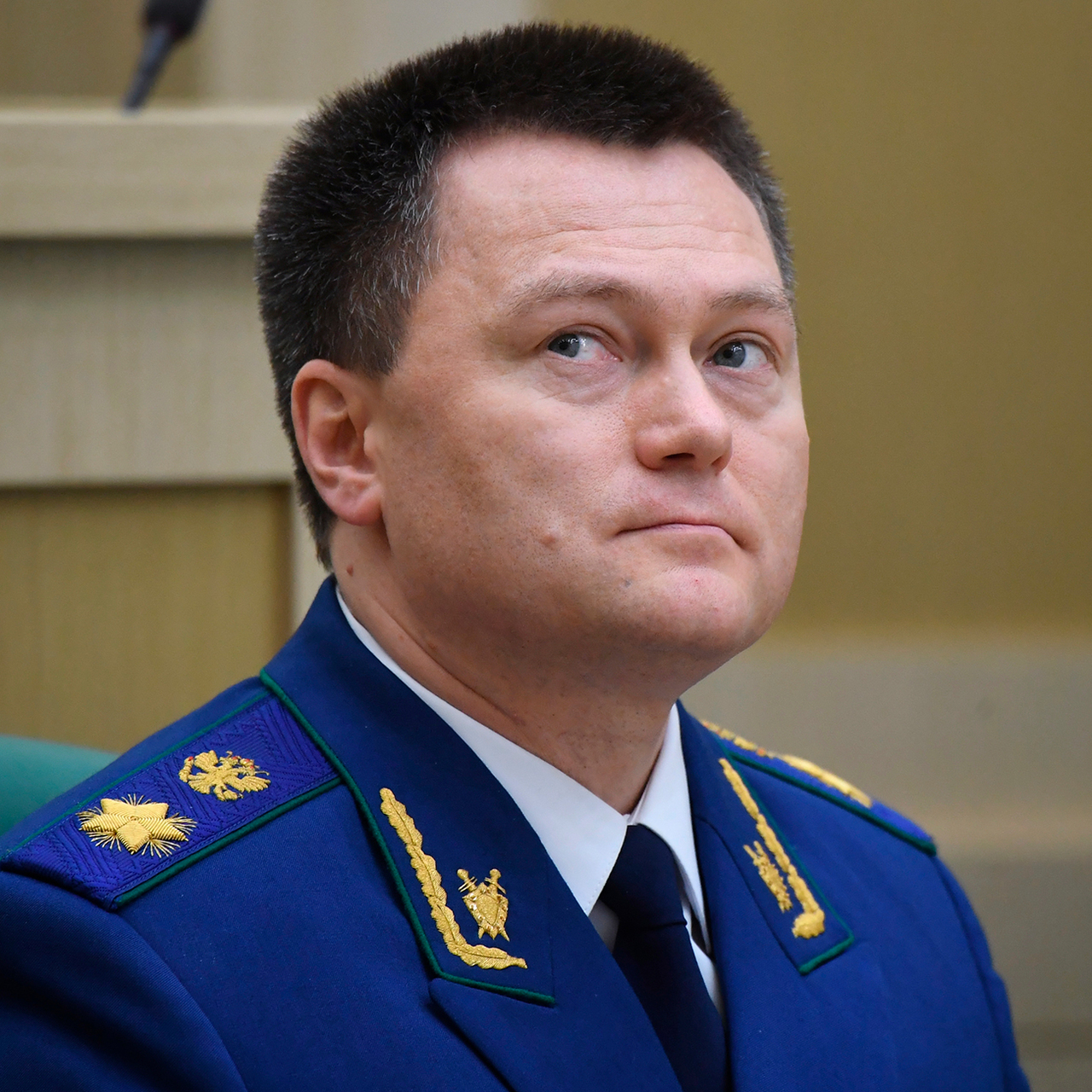
There is no deprivatization. We are simply returning assets.
There is no deprivatization process in Russia, Prosecutor General Igor Krasnov said in an interview with writer and journalist Sergei Minaev.
"There is no deprivatization and it does not exist. I will tell you this - we are returning to the treasury the assets illegally lost by the state ," he said.
Krasnov added that the people who previously managed the production facilities did not invest money in their development, but transferred the funds abroad. Therefore, they did not work for Russia , the Prosecutor General concluded.
https://ria.ru/20240821/rossiya-1967518449.html - zinc
How many more assets illegally lost by the state need to be returned. Not to be confused with the revision of the privatization results.
https://colonelcassad.livejournal.com/9335339.html
Microsoft to restrict access to cloud subscriptions in Russia
August 22, 13:21

Microsoft to restrict access to cloud subscriptions in Russia
On August 21, 2024, Softline reported that the company received a notification from Microsoft about limiting corporate access for clients in the Russian Federation to certain cloud subscriptions starting from September 2, 2024. So far, this applies to all M365, O365 (Office 365) bundles. Separately purchased subscriptions should not be included in the list. Softline is clarifying this issue. On
August 20, 2024, we, as a partner, received a notification from Microsoft Corporation about limiting access to certain cloud subscriptions starting from September 2, 2024.
The restrictions apply to all legal entities registered in the Russian Federation. The exception will be multinational companies (MNCs) owned or controlled by legal entities outside the Russian Federation. The restrictions will affect all licensing channels (Enterprise and CSP).
We have generated and sent an additional written request, including based on your questions, to Microsoft Corporation with a request to provide answers:
• The exact list of products and bundles subject to restrictions;
• Availability periods for data stored in the cloud;
• Status of LSP, CSP agreements containing products subject to restrictions;
• What documents and communication channels can be used to confirm affiliation with an MNC;
At the moment, our main recommendation is to save data from the Microsoft cloud (BackUp). As support, we are ready to provide 10 hours of free technical support until September 12, 2024 to receive advice on Microsoft products and technologies subject to restrictions. To receive advice, please contact us at
depurp@softline.com or through the account of the manager responsible for working with your organization.
In June 2024, Softline reported that Microsoft disabled subscriptions to Visio Online, Project Online, Power BI for more than half of all corporate customers from the Russian Federation.
From September 12, 2024, the US Treasury Department's ban on the supply of IT consulting and design services and IT support services and cloud services for enterprise management, as well as software for design and production, to "any person in the Russian Federation" comes into force.
https://habr.com/ru/news/837528/ - zinc
After 2.5 years of war, some legal entities continue to stubbornly use the software of the corporation of the main enemy of the Russian Federation and then ask for clarification...
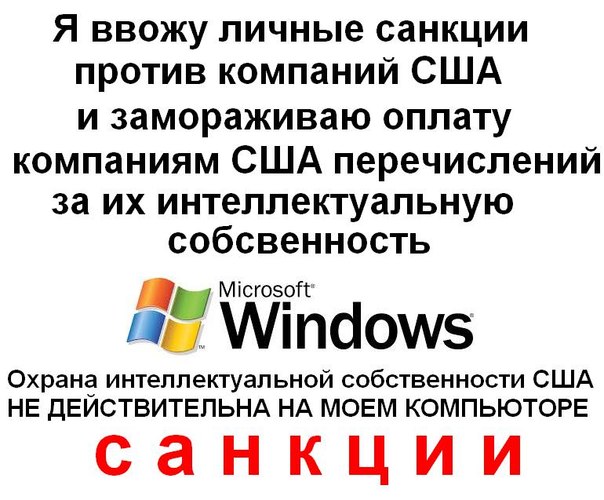 Notes of a Chinese woman about Russia
Notes of a Chinese woman about Russia
August 22, 15:27
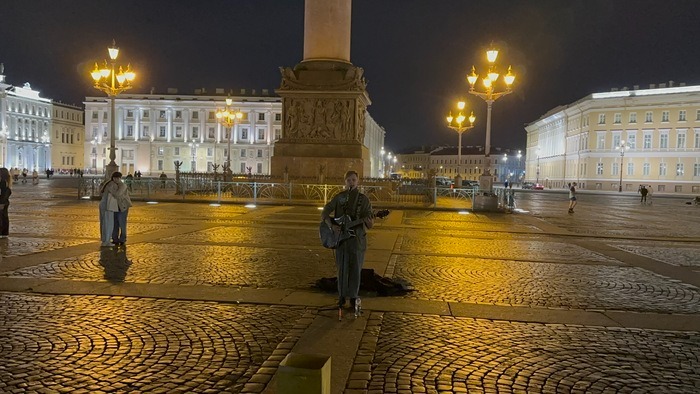
Interesting notes of a Chinese woman about visiting modern Russia.
Notes of a Chinese woman about Russia
The other day, my wife Korn and I returned from a trip to Russia - 25 days in total, Moscow, St. Petersburg, Yekaterinburg + small towns and villages. She was in Russia for the first time. Along the way, I wrote down her impressions little by little so as not to forget, I got a list of 33 points, and now I will tell you everything)
I will say right away, if there are offended, as usual, I do not have the goal of belittling our Motherland, do not perceive some points negatively. The situation is different, the climate, traditions, population - it's clear. This is just a Chinese woman's view from the outside.
Let's go:
1. Greens
I mean edible greens and green vegetables. They are very expensive compared to China, and there is no choice at all. Onions are in the store for 70 rubles for 50 grams, that's all)
Onions in China are generally given out for free, take as much as you want, when you buy vegetables or meat. To buy 50 grams like that is nonsense.
She doesn't perceive dill and parsley as food.
For us, all this greenery is just sprinkled on top of the dish, for taste. The Chinese prepare separate dishes from all sorts of herbs, beans, sprouts, tops and everything else. In short, there was no way to cook all this on my own in Russia. Or go to the store where all sorts of arugula is, but who the hell needs it for that price.
2. Homeless people/drunks
The Chinese think that in other countries, especially capitalist ones, there are definitely homeless people sleeping on the streets. And in Russia, plus there are alcoholics lying around everywhere in packs. My wife asked to show them, I couldn't) Because we didn't see a single homeless person anywhere at all. Happy for the Motherland)
3. Cold
In her native Guangzhou in winter +15°. When in St. Petersburg in August, in SUMMER +18° and in Yekaterinburg +14° - it's very cold. A real shock. It's good that she took a winter coat, she wore it.
4. Cheap housing
I started to get carried away by the prices for apartments) It turned out that in Moscow the prices are like in our provincial city of Yiwu. In Yekaterinburg it's generally 5-6 million for an apartment - that's like buying housing in a village in China.
That's very cheap by Chinese standards. Why people complain about expensive housing and say that not everyone can afford it, they say - is absolutely incomprehensible. It's just paradise! If such prices were in China - it would be a fairy tale.
In Shanghai or Guangzhou a square meter costs several million rubles, that's what's called expensive.
5. Smoking women
Girls and women smoke a lot. It's noticeable on the streets. In China, the situation is approximately the same only in the north. In the middle and in the south, a smoking woman = a fallen woman. Well, I explained that in Russia this is not considered particularly shameful. Plus, they smoke all sorts of different devices - electronic cigarettes, sticks, etc. - in China this is an exception to the rule. Everyone smokes regular cigarettes.
6. Napkins
In China, napkins come in packs of this type:

They are everywhere. At home, on every table and desk, nightstand. In the office, everyone has their own pack on the table. In cafes, of course. In cars, for sure.
And they also look at what kind of napkins. Expensive good ones are a sign of good manners. They show off a little about this.
These napkins are used in any way - to wrap something, wipe your face, hands, wipe a glass, a table, every cherry pit that was spat out is wrapped in a napkin, etc. China consumes millions of tons of these napkins.
In Russia, they are almost never sold. Well, at least for some reason we did not come across any. There are either napkins in separate packs, or toilet paper. This is abnormal for a Chinese woman)
7. Multinationality
In China, there is a simple system of recognizing friend or foe - everyone is Asian, black eyes, black hair. Goes beyond the limits - it means laowai, it's clear. The fact that there are 52 different nationalities in China - but they are not particularly different from each other.
In Russia, she saw everyone except probably blacks - there are also Caucasians (again, different light-colored, dark-haired, red-haired, etc.), Asians, Caucasians, Central Asians. She points to a Caucasian - is this Russian? Well, yes, I think he is Russian. And this one? Also Russian. How do you tell your own from strangers? How do you do it in America? Yes, in Russia it is like in America. Whoever speaks Russian is Russian. This is a little unusual for a Chinese.
8. Tips
In China, they don’t bring bills for the table. After eating, go to the cashier at the exit, pay, and go. It is not customary to give tips at all. In Russia, they will bring the bill and put it on the table in a folder. Why is he talking? Well, you have to tip.
And, like in America, right? Yes, everything here is like in America. She then carried cash tips with her and showed the waiters what she put in so that they wouldn’t worry.
9. Garages
Also something new. Garages as a separate building for a car are usually not available in China. But here in Russia there are whole arrays of garages.
What is this? Why? To store the car and drink beer with the guys, I explain. Let's go have a look. Let's go. I took her to the garages) We found an open one - and indeed, there was a car, three guys sitting there and drinking beer. So I told the truth) I appreciated it as a useful phenomenon for men's leisure.
10. Table reservations
Wherever you go, they always ask if you booked a table. And the hall is half empty, what nonsense. Are they having an event here? No, I say, people just call and book on the phone. And now we can't sit down. It's strange... oh, do they pay a deposit in advance? No, not always. You just call and book, often for free. Very strange.. what if no one comes? Well, they won't come and they won't come)
In China, you can't book a table almost anywhere. People sit in a live queue at the entrance.
11. Mayonnaise
Well, she already knew about mayonnaise, of course, she is married to a Russian after all. But she considers it disgusting. They don't eat it with meat and regular dishes in China at all.
What she didn't expect was the scale of the disaster - tons of mayonnaise on the shelves in the stores:

It was a shock. It turns out I'm not the only strange Russian, we're all like that) Do you eat it with spoons here? What are all these kilo buckets for?
12. Pay toilets
I warned her. But I still couldn't get used to the fact that you have to pay for a toilet. I studied the first toilet on our way for a long time - near the hotel in Moscow upon arrival:
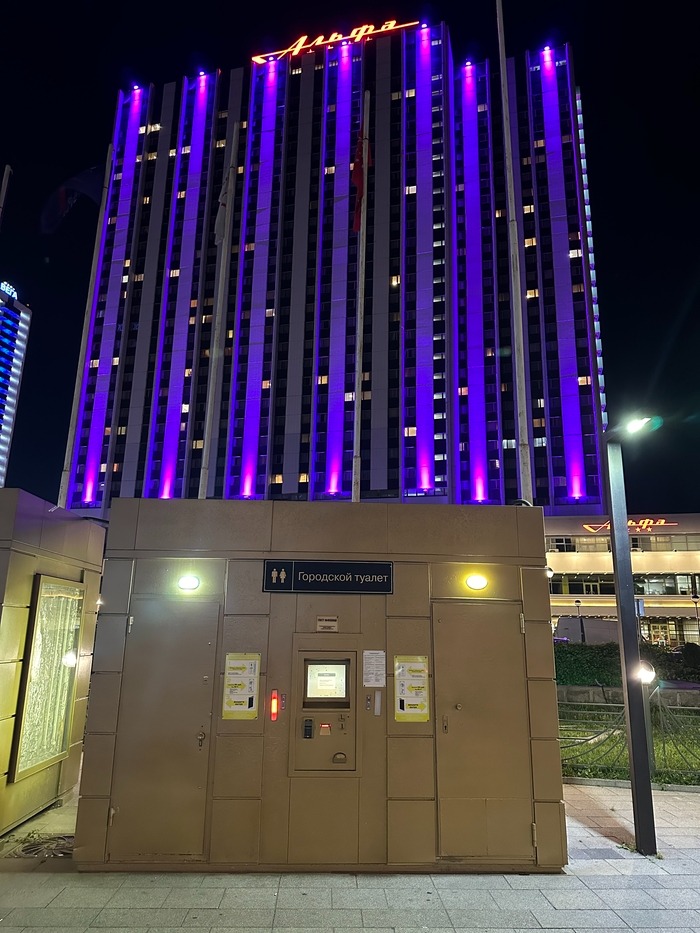
A miracle of technology. And why don't they build an ordinary permanent "house"? It's paid, so there is money. I couldn't find an answer to this question. In China, all toilets are permanent and always free. There are a lot of them.
13. Historical buildings, architecture
No emotions whatsoever. Well, a house is a house. A palace is a palace. Even in St. Petersburg there is zero admiration. Well, how can I think that, our history is the best history in the world) But for a person "out of the loop", who doesn't know why a column made of a single piece of stone is amazing - it's just a building and that's it. There is no context in my head. Different cultures, different planets.
Our Chinese architecture speaks better - there are such and such roofs, supports, but here in Russia it is not clear what is so special. Well, an old house. Well, a statue on the roof.
Well, of course, it is beautiful, I took pictures of everything, posted them on social networks. But just as a curious object, not as an object of admiration or something like that. I have not looked at St. Petersburg from this point of view)
14. History
The same applies to history in general. What emperors were there, Pushkin or Peter the Great lived here - this is generally fantasy. There is not a drop of Russian history in my head. Excursions are absolutely not interesting. Because it is not clear who all these people are talking about.
Just like for us a dark forest is the period of the "golden age" of China under the Tang Dynasty, for example. We practically live on different planets.
15. Trains and train stations
We traveled on the Sapsan, and also on a regular train from Moscow to Yekaterinburg - I wanted to show the vastness of our Motherland.
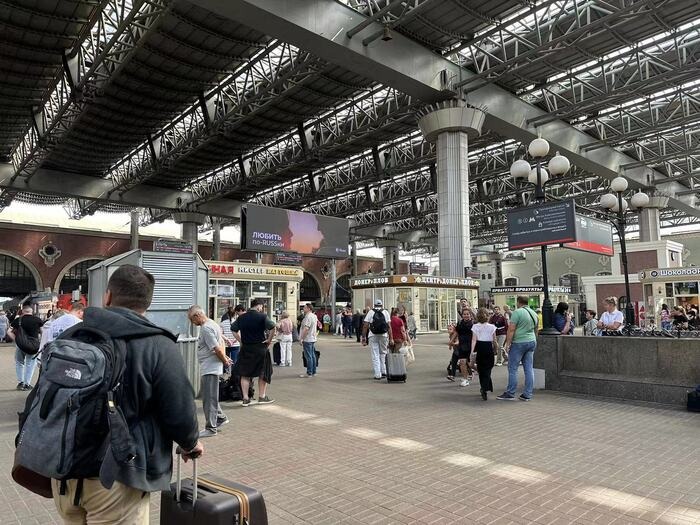

Please do not be offended here. Russian train stations are too far behind Chinese ones. This seems strange to a Chinese woman. It seems like a big country, rich, people love trains... What about the train stations? Old and small, he says. Compare Russia / China.
High-speed trains. For a Chinese person, the Sapsan is not a high-speed train in the full sense of the word. A commuter train, approximately. In terms of speed.
16. Order on the roads
A huge plus is the road traffic in Russia. If you compare it with China, then all our drivers are simply angels and 200% follow the rules. No one climbs in, cuts off, or goes where they shouldn't. These scooters are not everywhere.
I was surprised how fast they drive around the city. They are not afraid that someone will pull out onto the road from the yard on the right.
China is just a mess.
17. Tall, beautiful people
I constantly admired both women and men. Beautiful, white, tall. I wish I were like that..
Now she tells me that I'm the shortest in Russia and why did she choose me? I should have looked at everyone) I'm 175 cm tall
18. Street musicians
It's not to say that there aren't any in China, there are some in places. But not of such quality) Basically, they yell karaoke at random in the park to themselves.
In Russia, you can find concert quality on the street. In St. Petersburg, we went to listen to them three nights in a row. I really liked Korn. Both the music itself and the atmosphere - slightly tipsy cheerful people singing songs in chorus, it's really cool.
19. Face control
We ran into each other in Yekaterinburg. We wanted to go to a Russian karaoke bar. They wouldn't let us into two karaoke bars. I don't remember whether it was because she was wearing shorts or because I was wearing sneakers. Or both. In short, they don't dress like that here, it's not allowed.
That was what offended her.
In China, there is almost no face control anywhere. You can go to any club or karaoke bar in flip-flops - no one cares. Well, except for really cool expensive establishments with style.
20. Slow couriers
In China, couriers (food delivery) are simply champions in running and scooter racing. They really run with this bag. On the roads they race like crazy.
I pass by the courier base in the morning. At seven in the morning they line up at the entrance at attention. The courier commander comes out. Hello, comrade couriers! Good health to comrade commander! What are we going to do today? Deliver food! How are we going to do it? Faster than lightning!!! Hurray!! And they ran on scooters.
If the food is more than half an hour away from delivery, no one will take it.
In Russia, the courier walks slowly, strolls along the embankment, takes photos along the way. In an hour the food will be delivered - well, okay.
Well, then I got used to it. I even started saying that in China people are driven, you can work normally without running like a crazy person down the street with a bowl of soup.
21. Self-service
At McDonald's, people take their trays off the table themselves. In the canteens too. And the table stays clean. It was unusual and very surprising. What nice, caring, polite, and clean people there are in Russia.
In China, no one ever takes anything away themselves, the whole table is always littered.
Now in China, when you go to eat, you look around for where to take your tray)
22. Temples
They left a very pleasant impression. Quiet, grace. Candles are burning. She became a little more involved, we went to several temples, she likes them.
I think she might get baptized since that's the case) Although she doesn't believe in God.
Chinese temples really irritate me because they constantly extort money there. At the entrance, they ask you to buy this incense, or a minister will come up and start telling fortunes for money, trying to sell you. Yes, fortunes are told for money in Chinese temples.
It's often noisy - sometimes they beat gongs, sometimes they just yell. In short, there is no peace, tranquility or grace there.
23. Low salaries
In Yekaterinburg, I saw an ad in a Pyaterochka store, 35 thousand rubles. What does that say, some kind of promotion? No, I said, they are offering this salary to cashiers.
I was surprised. This is less than the subsistence minimum in Guangzhou...
Well, he explained that you don’t need to be a cashier at Pyaterochka, you need an education, a good job and everything will be fine.
24. Summer cottages/vegetable gardens
There is no such thing in China. Either you have a house in the village (where usually no plot is provided), or an apartment in the city. Nobody sells plots for summer cottages separately in principle. This phenomenon does not exist.
People sometimes grow something on vacant lots themselves, they are not driven away especially if they do not bother anyone. But there are no summer cottages at all.
Now she wants a summer cottage with a vegetable garden, to plant potatoes)
25. Cleanliness
On the streets, in public places, everywhere. And it is clean because people do not litter. This seemed really cool to her. People are clean, well-mannered.
In China, too, it is generally clean. But not because they do not litter. They'll make a mess all around in a day/night. There are just a lot of cleaners, they clean it all up that same night. If there weren't so many janitors, there would simply be an apocalypse.
26. Tea
People drink tea from bags. In a mug. They offer it to her - like, you're Chinese, here, drink. She can't drink that kind of tea.
In China, if they drink tea, they'll sit down normally, brew it, and drink it slowly in small cups. That's called really drinking tea.
But in a mug - well, that rarely happens. There are no bags at all.
People carry thermoses with light tea, but that's a slightly different phenomenon.
In general, our Russian tea drinking can be compared to smoking a cigarette, while the Chinese one is like a hookah. I found this analogy. Tobacco is better, the process is longer, the pleasure is greater.
27. Liquor stores
Also a new phenomenon. But she was prepared for this, in the north of China they also drink a lot. In the south, where she comes from, they drink very little. Alcohol markets do not exist at all. There are shops with expensive gift alcohol, but that's another story. There
was just a funny situation, we had just arrived in Moscow, checked into the hotel, it was late, we go out into the street and there was like a supermarket. We go in and there was this picture:
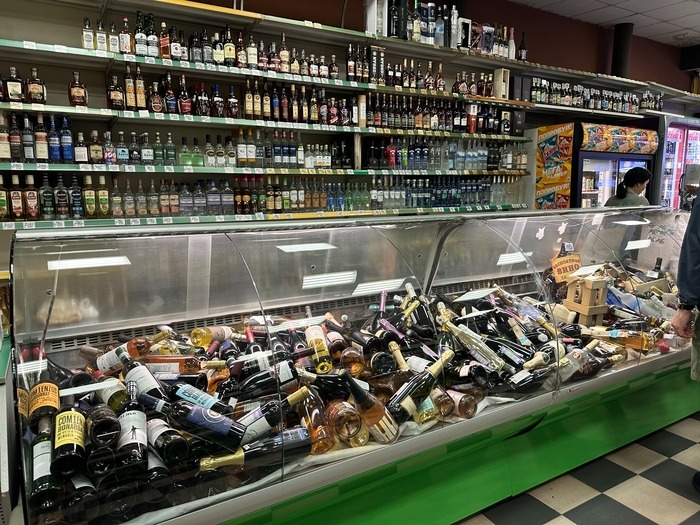
Well, everything speaks to you and Russians clearly)
28. Plov
Has become a favorite dish. She simply cannot live without rice. She constantly went to Uzbek cafes to eat plov. Sometimes she took her Chinese sauce that she brought with her, added it - it turns out to be an almost 100% Chinese dish.
29. Cheese
They don't make cheese in China. There is only imported cheese, expensive, almost no one eats it. In Russia, she tried cheese - and off we went. She liked it very much. In the end, we brought 3 kg of cheese with us in our luggage, and I'm not kidding. Different.
30. Young cities
Here in Yekaterinburg there was a city day - 301 years. St. Petersburg is also over 300 years old. Moscow is a thousand! What a rich history, it would seem.
But Korn always said that our cities are very young. After all, her native Guangzhou is already 2,200 years old, our "village" Yiwu is 2,300 years old. And so on. 300 years of Yekaterinburg - that's not serious, like. A young city.
31. Salmon
Favorite fish. In Russia it is FIVE TIMES cheaper. It was a total shock. How the hell. I'm still thinking about how to import salmon from Russia here to China.
32. Silence In general, it is quiet in Russia. On the streets, in the parks, in the houses. Nobody yells. Nobody honks 24/7. At 6:30 in the morning, they don't turn on the megaphone in the yard " Aa ... Welcome to China, they say) It turns out that the Izmailovo Hotel in Moscow, where we lived, has separate floors for the Chinese. Thank God they didn't put us there, since I'm Russian. When I accidentally went to this floor for the Chinese, I was hit by a sound wave from a conversation between two Chinese grandmothers. So the phenomenon is really problematic) 33. Russians don't smile Another myth was shattered. I was afraid that everyone was so strict, sullen. In fact, Russians smile more than the Chinese. Everyone is friendly, responsive. I spoke English with many of them - everyone tried to understand and help. With a smile. Sincerely. In Russia, people have a different soul, he says. Thank you for reading to the end) My channel in Telegram: China Inside Out
https://telegra.ph/Zametki-kitayanki-o-Rossii-08-21 - zinc
https://colonelcassad.livejournal.com/9336335.html
Google Translator
******
Russia Might Soon Redirect Its Gas Pipeline Plans From China To Iran & India
Andrew Korybko
Aug 22, 2024
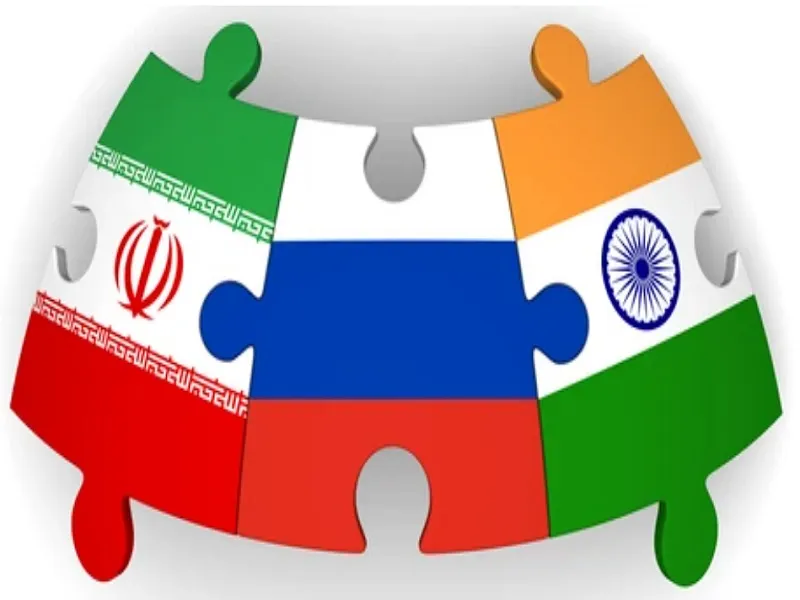 The continued pricing dispute over the Power of Siberia II gas pipeline might lead to Russia prioritizing its new gas MoUs with Iran and Azerbaijan to pioneer a southern-directed pipeline for facilitating Russian-Iranian gas swaps with India.
The continued pricing dispute over the Power of Siberia II gas pipeline might lead to Russia prioritizing its new gas MoUs with Iran and Azerbaijan to pioneer a southern-directed pipeline for facilitating Russian-Iranian gas swaps with India.
The South China Morning Post reported earlier this week that “Future murky for Russia-China pipeline as Mongolia omits project from long-term plan” after the new coalition government didn’t include the Power of Siberia II (PoS-2) gas pipeline in their action program for the next four years. Russian Foreign Ministry spokeswoman Maria Zakharova was optimistic when asked about it during a press conference, however, noting that negotiations are still ongoing and expressing hope that a deal will soon be reached.
Chinese Prime Minister Li Qiang just visited Moscow this week where he met with Putin to discuss “large-scale joint projects” between their nations according to the Russian leader. This could be interpreted as a signal that their pricing dispute was probably touched upon during these talks. About that, it was analyzed here in early June that the crux of the problem is that China wants the lowest price possible while Russia naturally wants the highest one, and they’ve thus far been unable to compromise.
Later that month, Russia and Iran signed a gas pipeline Memorandum of Understanding (MoU), but this analysis here questioned whether it was more about optics than substance. The Caspian Sea littoral states would have to all agree on an undersea pipeline, though this has been the bone of contention for years as regards the proposed one between Turkmenistan and Azerbaijan. Moreover, Azerbaijani-Iranian ties remain plagued by distrust so it seemed unlikely that one would be built across Azerbaijan either.
The optics angle therefore appeared to be the most accurate one for analyzing this MoU since it seemed in light of the Sino-Russo pricing dispute over the PoS-2 that Russia might have wanted to show China that it has other customers in Iran and further afield in India via a potential swap agreement. This might have then been leveraged by Russia to encourage China to reach a compromise with it instead of continuing to demand basement-bargain prices that Moscow considers to be unacceptable.
The calculations described in the preceding two paragraphs might have just changed though after Putin’s trip to Azerbaijan, where Eurasian integration was at the top of the agenda, including its energy component after Gazprom and Azerbaijani state energy company SOCAR signed a strategic MoU. It specifically mentions cooperation along the North-South Transport Corridor (NSTC), which links Russia with India via Iran through the three branch corridors of Azerbaijan, the Caspian Sea, and Central Asia.
This came less than a week after Mongolia’s new coalition government approved their country’s action plan for the next four years on 16 August. For those who might not be aware, the PoS-2 is supposed to transit through Mongolia, and its primary goal is to replace the Yamal gas field’s lost European customers with China. The fact that Mongolia omitted this megaproject from their action plan implies that it won’t see construction for some time, which is a fair assessment considering the abovementioned insight.
That could change if China finally agrees to reach a compromise with Russia on their pricing dispute, perhaps after being influenced by Russia’s MoUs with Iran and Azerbaijan into realizing that alternatives (indirectly including India via a gas swap) exist, but it wouldn’t be the end of the world if it doesn’t. In the event that their dispute still persists despite these latest moves, Russia might then put its full diplomatic energy into brokering an Azerbaijani-Iranian rapprochement for facilitating its southern plans.
India would be crucial to the success of these efforts since it would have to commit to purchasing Russian-swapped Iranian gas in spite of the US’ sanctions against the Islamic Republic’s energy industry that led to India abandoning its prior import of that country’s resources. If it musters the political will, then the other three parties – Russia, Azerbaijan, and Iran – would then know that they’d profit accordingly, thus improving the chances of a Russian-brokered Azerbaijani-Iranian rapprochement.
The arguments in favor of India changing its stance towards the US’ sanctions against Iran’s energy industry are that Indo-US ties have become very troubled over the past year due an alleged assassination plot and America’s role in overthrowing the Bangladeshi government earlier this month. Moreover, India considers itself to be a rising Great Power and the Voice of the Global South in the interim tri-multipolar world order, so continuing to voluntarily comply with such restrictions greatly damages its prestige.
There’s also the heated Sino-Indo rivalry to consider. India has done its utmost since the special operation and resultant Western sanctions to preemptively avert its Russian strategic partner’s potentially disproportionate dependence on China. To that end, it might therefore believe that it’s worth risking more of the US’ wrath by ignoring its sanctions for the sake of receiving more discounted energy via a Russian-Iranian swap and thus also reducing Russia’s export (and revenue) dependence on China.
The best-case scenario would be that both the PoS-2 and whatever this southern pipeline will be called end up being built in parallel, but since the first might not be built for some time, then it’s best for Russia to concentrate on the second. If a deal is reached with the associated states for building it, then Russia could more compellingly leverage that to encourage China to compromise on their pricing dispute, thus potentially leading to PoS-2 beginning construction by the end of the decade (though hopefully earlier).
https://korybko.substack.com/p/russia-m ... ct-its-gas
What is it about little Andy and China? He seems to fear China more than the US, as though China was the greater threat to Russian sovereignty. Is Andy an anti-communist liberal?





